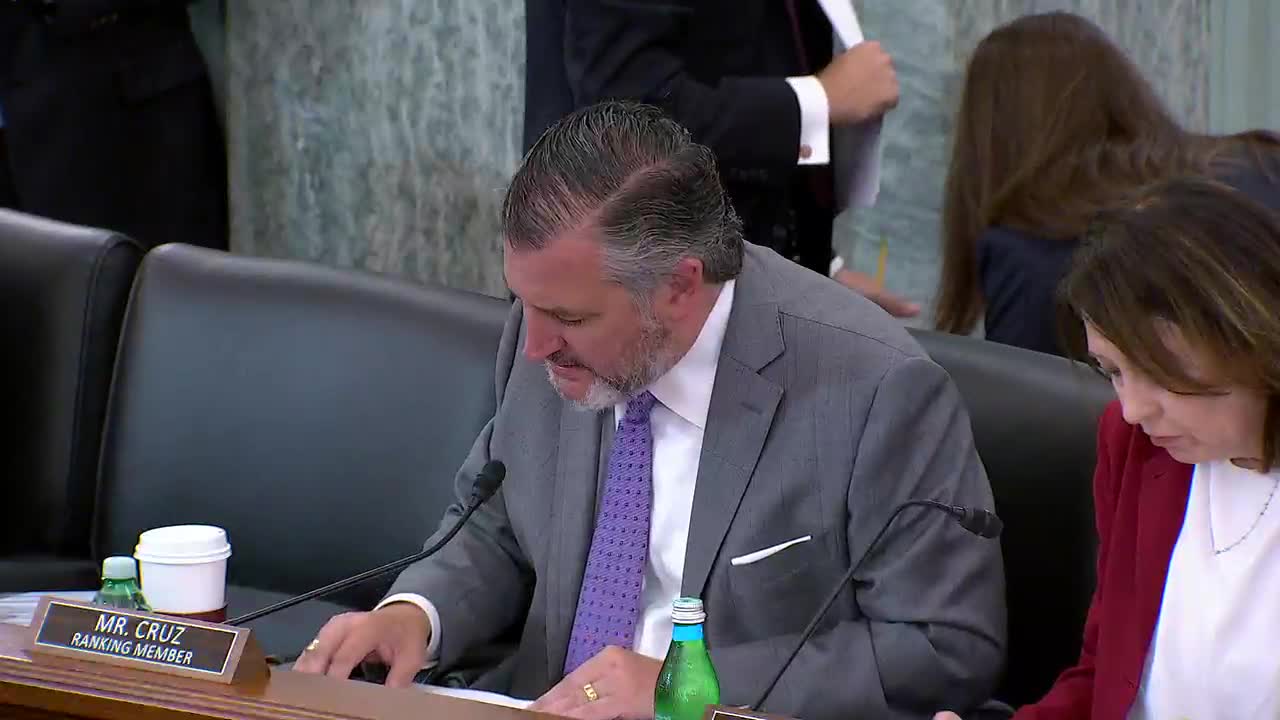Biden's AI plan faces backlash over environmental regulations
July 31, 2024 | Commerce, Science, and Transportation: Senate Committee, Standing Committees - House & Senate, Congressional Hearings Compilation, Legislative, Federal
This article was created by AI summarizing key points discussed. AI makes mistakes, so for full details and context, please refer to the video of the full meeting. Please report any errors so we can fix them. Report an error »

The proposed bill aims to establish an AI safety institute, overseen by White House officials and representatives from the tech industry, which would enforce this risk management framework as the standard for AI regulation. A key aspect of the legislation is the requirement for environmental impact assessments for AI developers and deployers. These assessments would be mandatory, subjecting all AI products to scrutiny under international climate agreements and potentially the National Environmental Policy Act (NEPA).
Critics of the bill argue that imposing such rigorous environmental assessments could hinder innovation and slow down AI development, particularly in the context of global competition with China. They contend that these regulations could increase costs and stifle the United States' leadership in AI technology. The meeting highlighted the tension between the need for responsible AI development and the urgency to maintain competitive advantages in the rapidly evolving tech landscape.
Don't Miss a Word: See the Full Meeting!
Go beyond summaries. Unlock every video, transcript, and key insight with a Founder Membership.
30-day money-back guarantee
